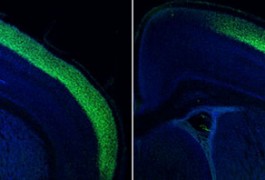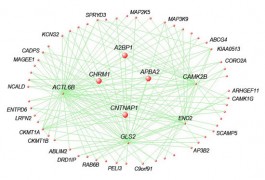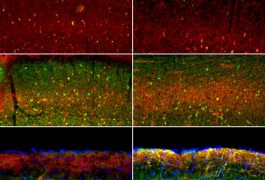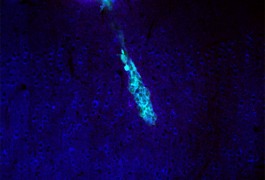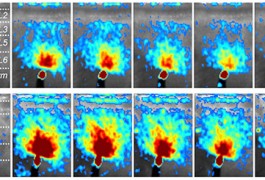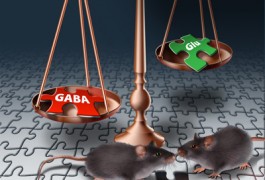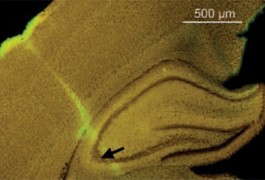Surplus of neurons spurs autism traits in mice
Fetal mice that have too many neurons grow to show social deficits and repetitive behaviors. The finding, reported 11 December in Cell Reports, debuts a mouse model of autism that’s based on a biological abnormality seen in some people with the disorder.
